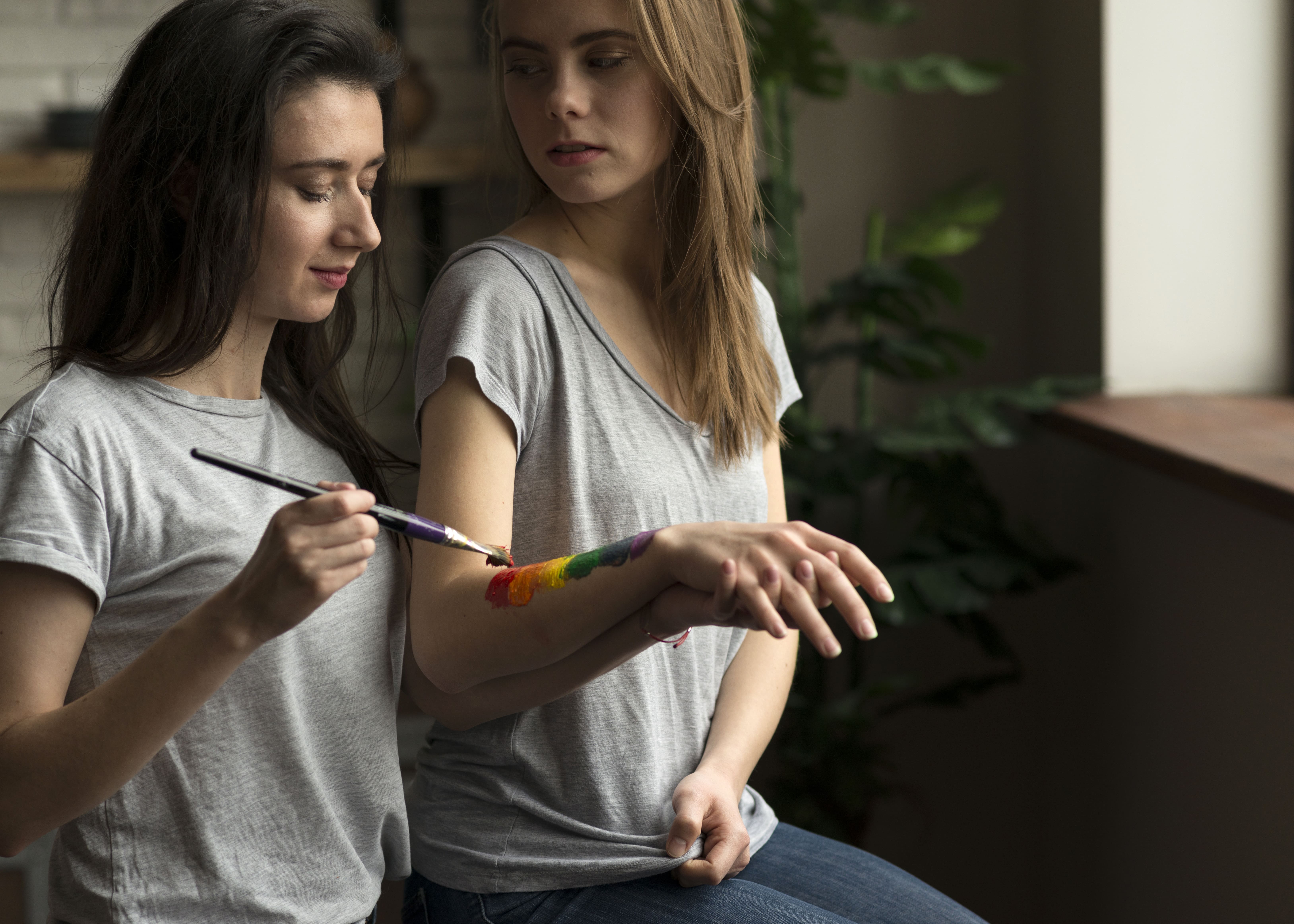
Encouraging Reading and Language Skills in Early Childhood (1.5 to 5 Years)
Early literacy skills are the foundation for a child's future learning and development. Engaging children in reading and language activities boost their vocabulary and nurtures their imagination, social skills, and cognitive development. Reading not only exposes children to new words and ideas but also enhances their understanding of different perspectives, cultures, and experiences. It fosters critical thinking and helps children make connections between what they read and the world around them.
Writing, on the other hand, encourages children to express their thoughts, feelings, and creativity. It helps develop fine motor skills as they practice holding writing instruments and forming letters. Through writing, children learn to organize their thoughts and communicate effectively, laying the groundwork for academic success in later years.
Together, reading and writing are crucial elements of early literacy that build a strong foundation for future learning. They enhance communication skills, boost self-confidence, and empower children to articulate their ideas clearly. Moreover, engaging in literacy activities fosters a sense of curiosity and a lifelong love for learning.
Creating a fun and stimulating environment is essential to fostering a love of reading in young children. This can be achieved through interactive storytelling, singing songs, and incorporating playful writing activities. Below are some creative strategies to encourage early literacy playfully and effectively.
1. Make Story Time Interactive
Enhance Storytime by reading aloud with animated voices and gestures to captivate children's attention. To engage their senses, give them interactive books with sounds and textures. Try “picture walks” by discussing images before reading, allowing children to guess what happens next. This approach makes reading fun while building comprehension and prediction skills.
2. Incorporate Sensory Play with Letters
Make learning the alphabet enjoyable through sensory play. Fill a tray with sand or rice for children to trace letters with their fingers, stimulating tactile and visual senses. Create a playful “letter hunt” in sensory bins or use playdough for letter formation, enhancing fine motor skills and letter recognition.
3. Sing Songs and Rhymes
Songs and rhymes foster early literacy skills. Use the alphabet song and phonics tunes to teach letter sounds. Nursery rhymes develop phonological awareness, while action rhymes that involve movements enhance memory retention and language development.
4. Encourage Storytelling and Pretend Play
Storytelling and pretend play harness children's imagination. Use story bags filled with related objects to engage them with narratives, or organize puppet shows for acting out stories. Providing costumes from favorite books allows children to dress up, encouraging character exploration and vocabulary expansion.
5. Create Art and Craft Projects Around Literacy
Integrate literacy skills into art and craft activities. Have children make letter collages with magazine cutouts or dictate stories while painting. Alphabet art with stickers and markers can creatively reinforce letter recognition and the connection between words and ideas.
By integrating these playful and engaging activities into daily routines, parents and educators can create a rich, supportive environment that nurtures a love for reading and language. Early literacy is not just about teaching children to read—it’s about sparking curiosity, building confidence, and laying the foundation for lifelong learning.















